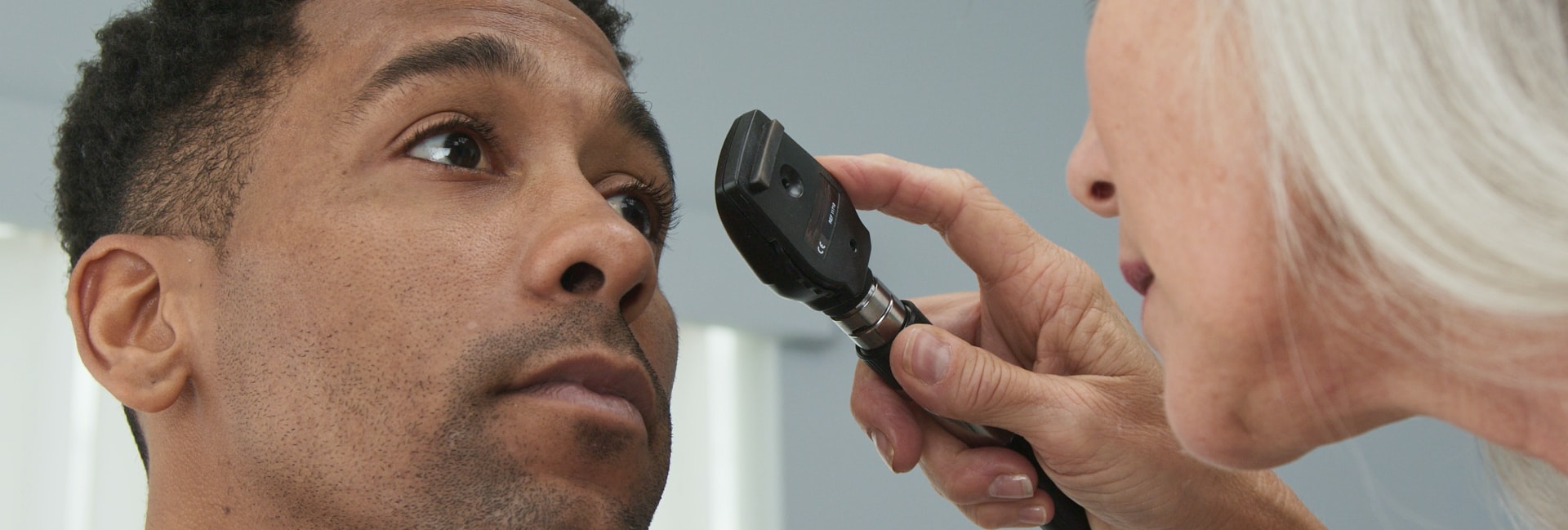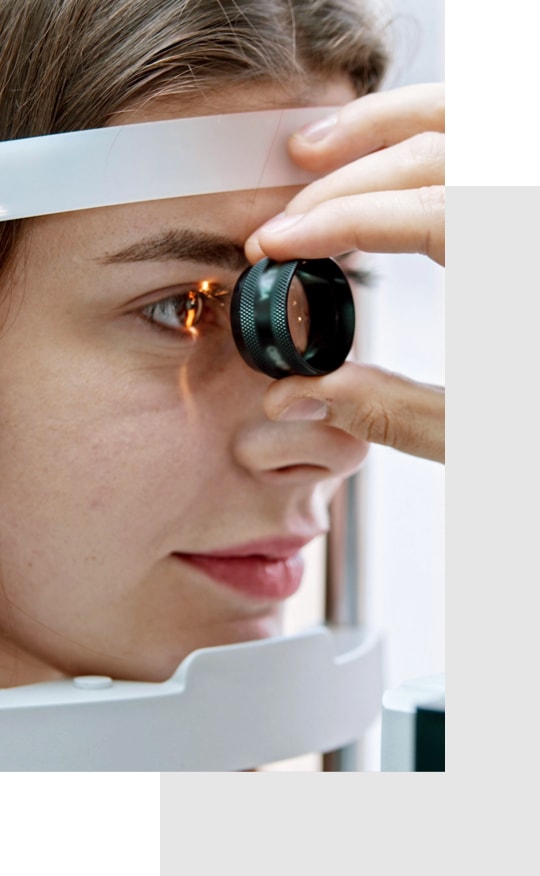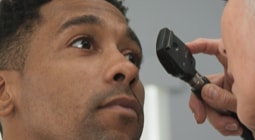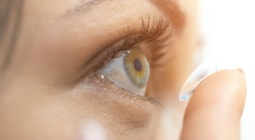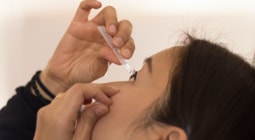I am very pleased with my experience from entry to exit. I’m so happy I followed through with my friend’s referral to see Dr. Baldwin. Dr. Baldwin was very thorough and efficient and so friendly and listened to my concerns and wishes regarding contacts. The staff is great as well. Anna is very patient and understanding! She listened to my concerns from a few past experiences and took everything into consideration to best fit my needs for Rx sunglasses. For me, ordering Rx sunglasses is very difficult. I’m very happy to be a patient at The Eye Gallery.
Sandra
Megan Baldwin always does an amazing job with my kids! She is always super friendly, patient, and understanding and makes them feel comfortable! I highly recommend her and her wonderful staff!
Rori
Everyone in the office is friendly and professional. I needed help to choose a frame and they all helped me with good advice. The office is clean and working with COVID requirements to provide protection to all customers and workers there.
Anastasiya

